When Does The Environmental Impact Happen?
In my work with organizing clients, I end up helping them get rid of a lot of stuff. Sometimes we sell items that have value, and we try to donate and recycle as much of the rest as we can. There are great solutions for e-waste, old fabric, and art supplies, just to name a few miscellaneous categories. But the fact remains that some of the stuff that people have to get rid of is actual trash, and it has to go in the landfill.
This is a hard pill to swallow for a lot of my clients. Most of them are concerned with sustainability at some level, and they don’t like the idea of contributing to any kind of environmental impact. So, they will sometimes try to hang on things that are not at all useful as a way to “keep them out of the landfill.”
This is the kind of trash we’re talking about when you have a lifetime’s worth of purchasing still stored inside a home.
Here’s the thing. We don’t make our environmental impact when we throw something away, we make that impact when we purchase it. The purchase decision means that some day there will be a disposal decision. The purchase decision also tells the company that sold the item that you liked it and they should make more.
This struggle is kind of a like a sustainability version of the sunk cost fallacy. You know the one: the idea that since you’ve already spent so much time, money, and/or energy on something that you should continue pouring in more time/money/energy to see it through, instead of cutting your losses and using those resources in a more productive way. The environmental sunk cost fallacy leads people to store things they will never use, wasting their own time and energy, out of a desire to keep those things out of the landfill - even though those things are headed there anyway!
I have found in my organizing work that buying patterns and clutter are directly related. So, as I work with my clients to sort, edit, and organize their possessions, I try to show them the links between their struggles with stuff and their previous purchasing patterns. When we truly understand the clutter/consumption feedback loop, we can take control of it and work more directly towards our sustainability goals.
So, don’t beat yourself up because you’re throwing a bunch of stuff away. Those purchase decisions already happened, and you can’t take them back. Instead, use this icky feeling you have about contributing to the landfill to inform your buying decisions going forward. Guilt isn’t productive - but a new strategy will help you move forward in a positive direction!
LMW
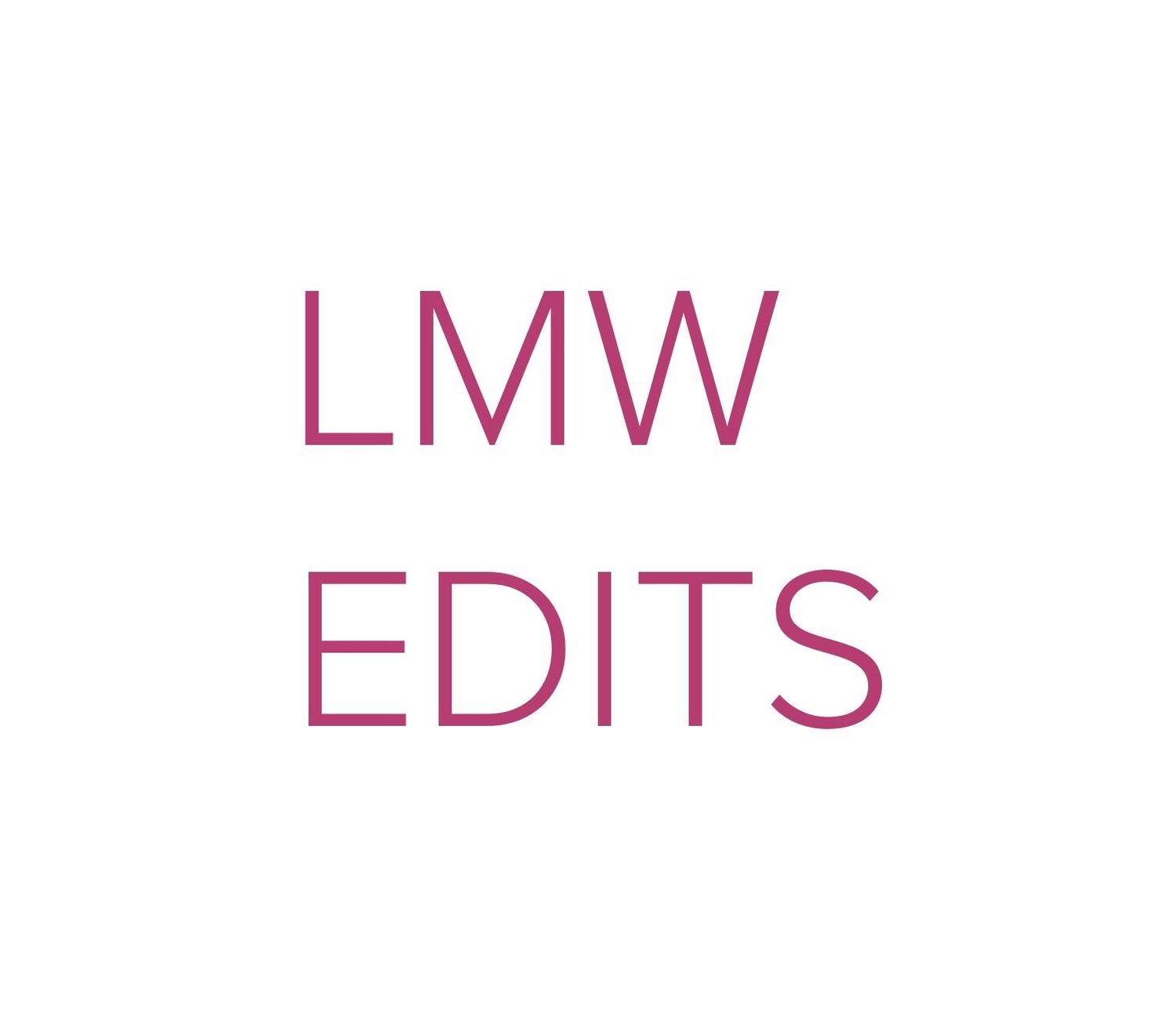

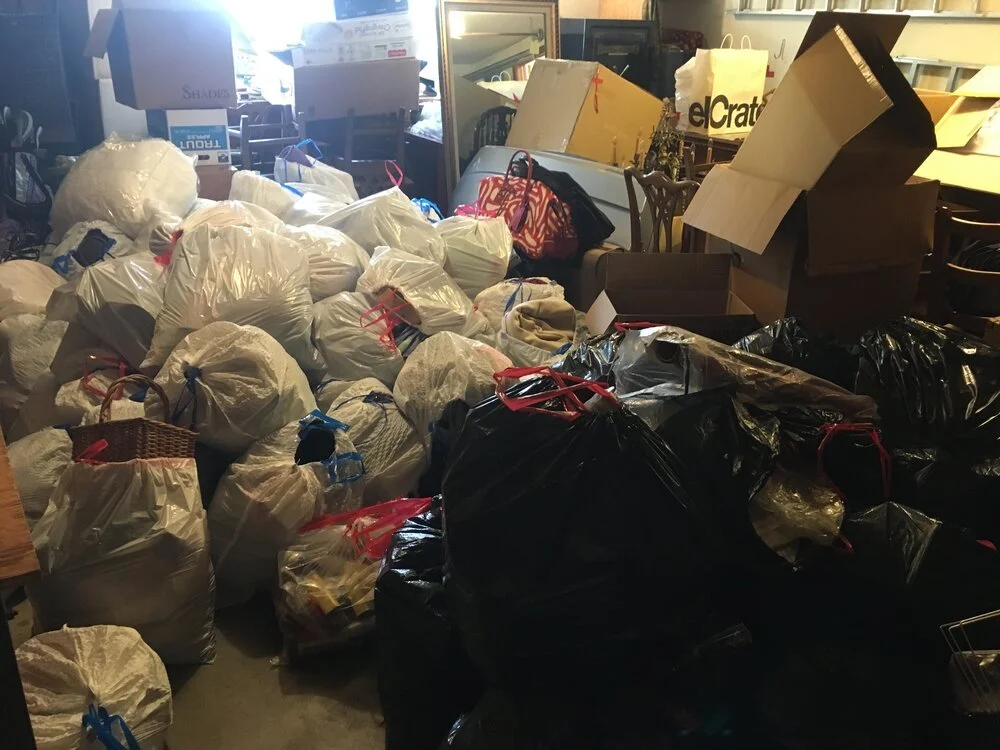
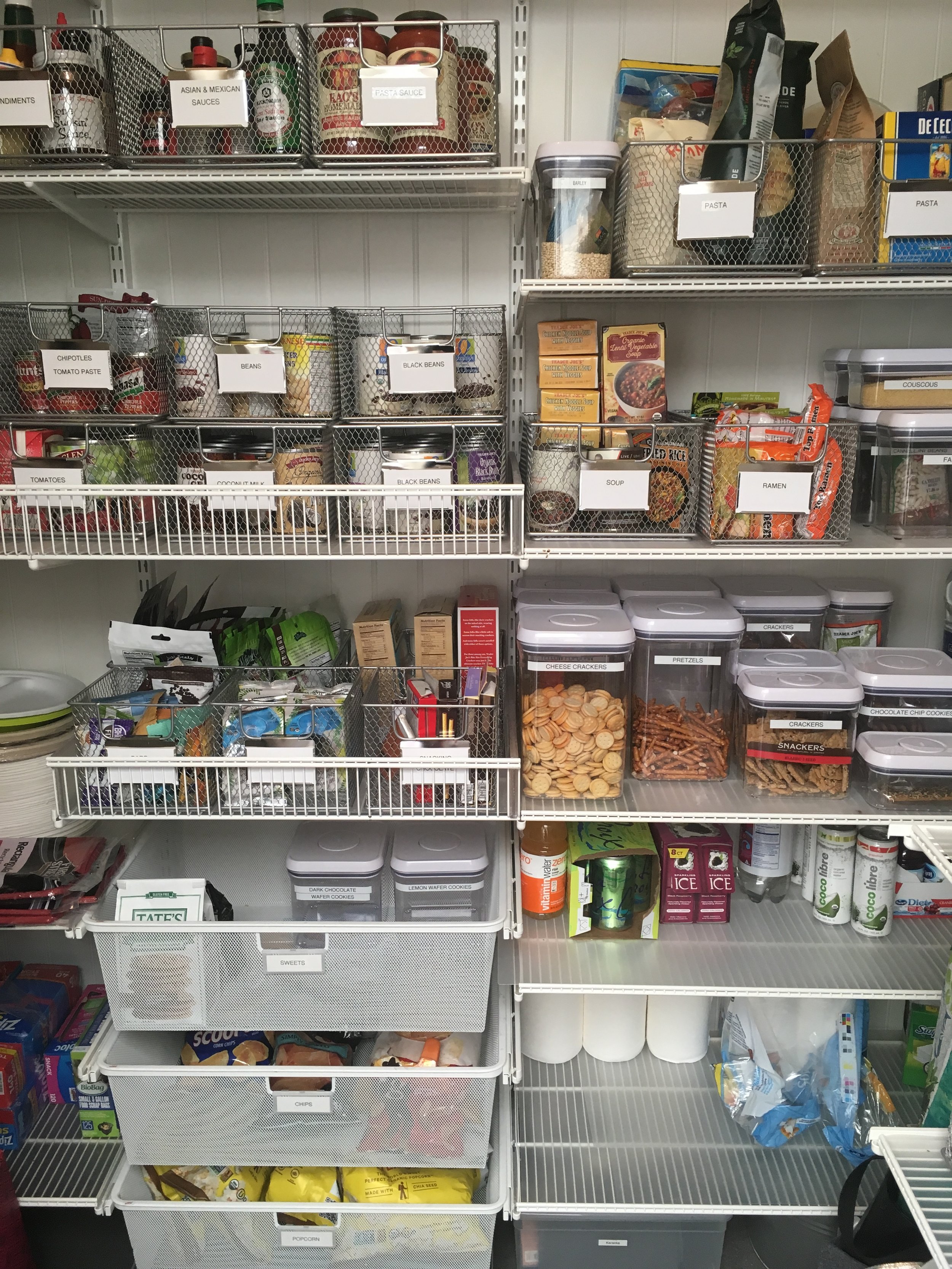
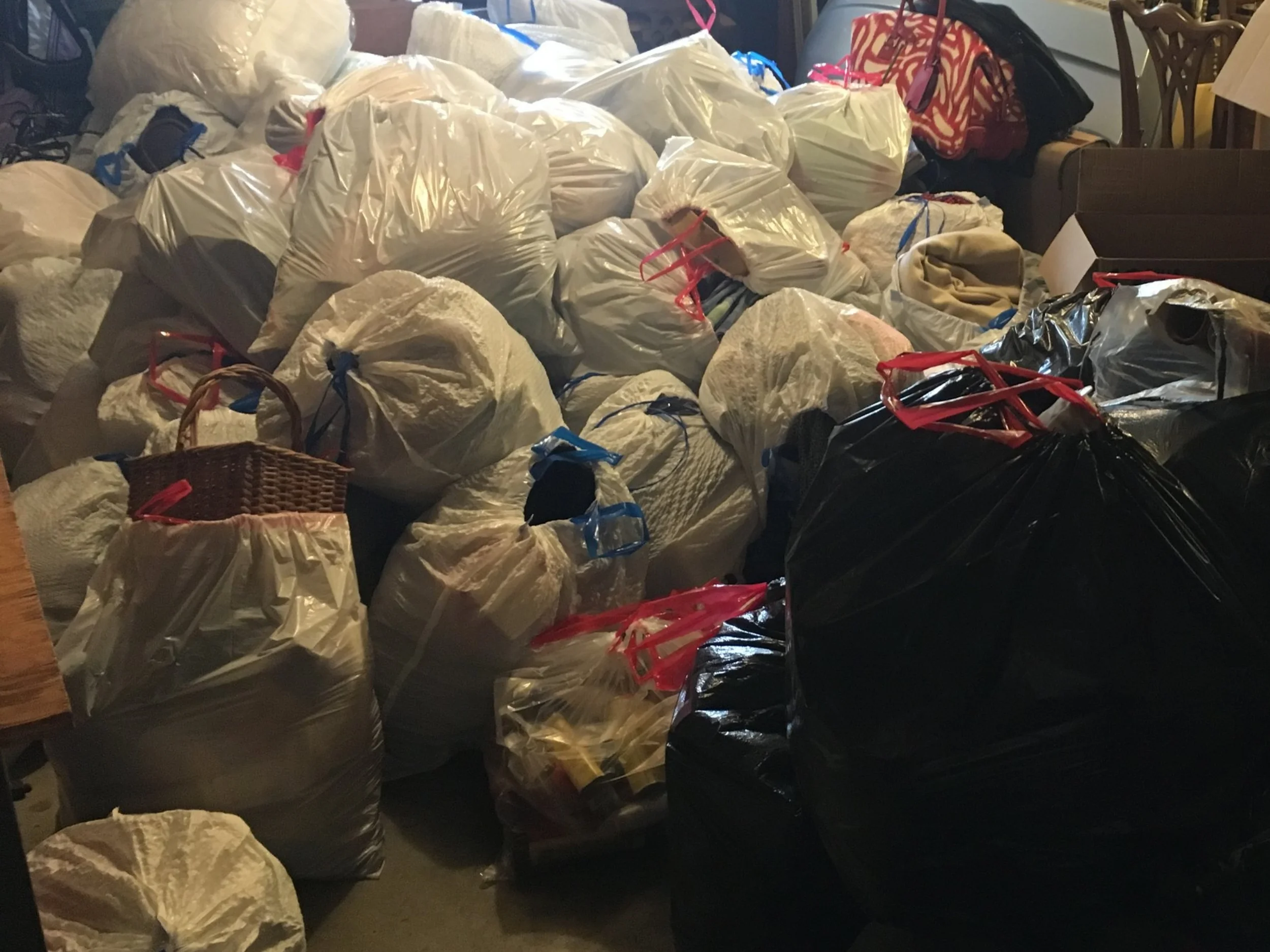



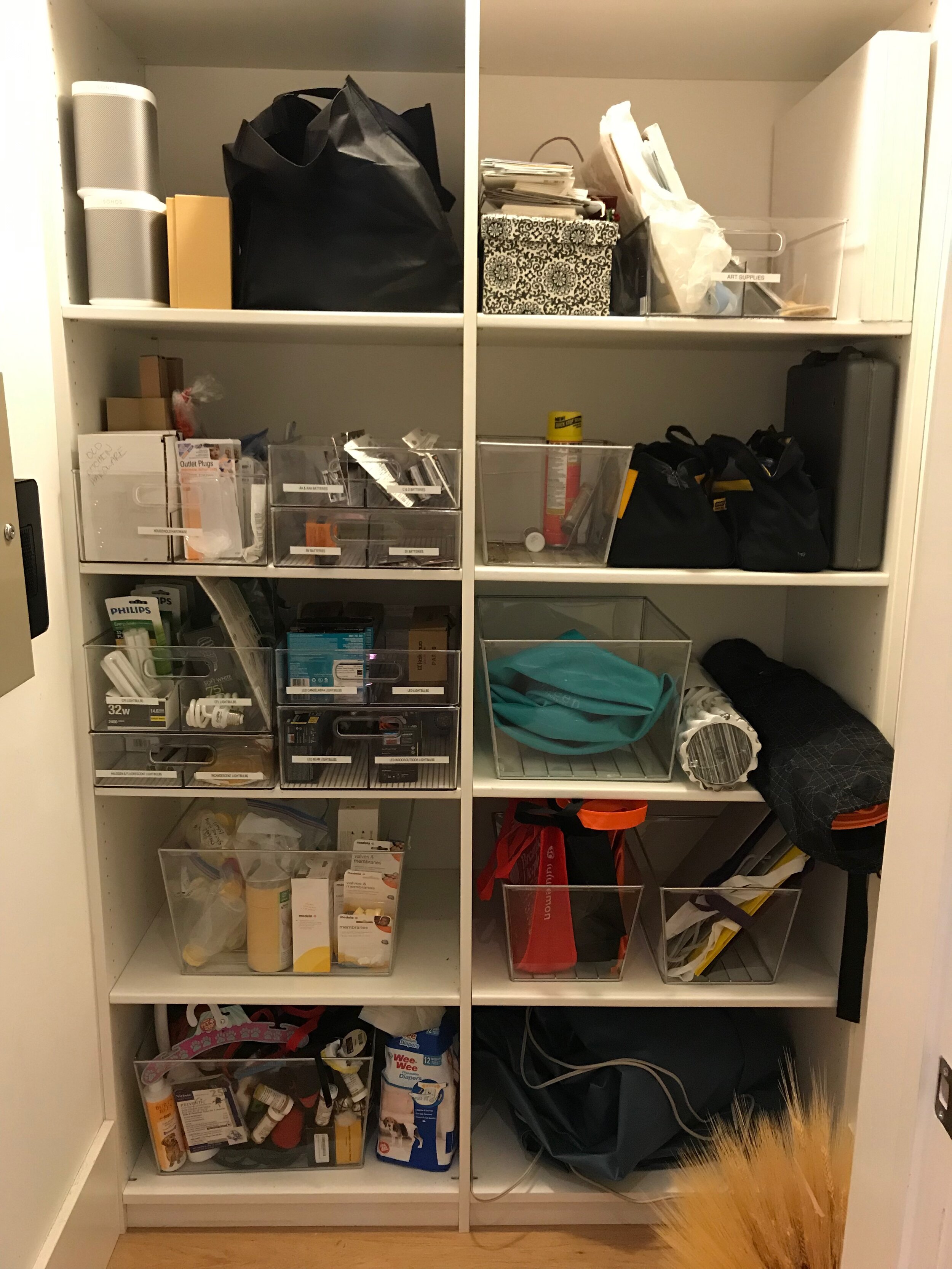
When it comes to makeup, it’s easier to create waste than you might think.